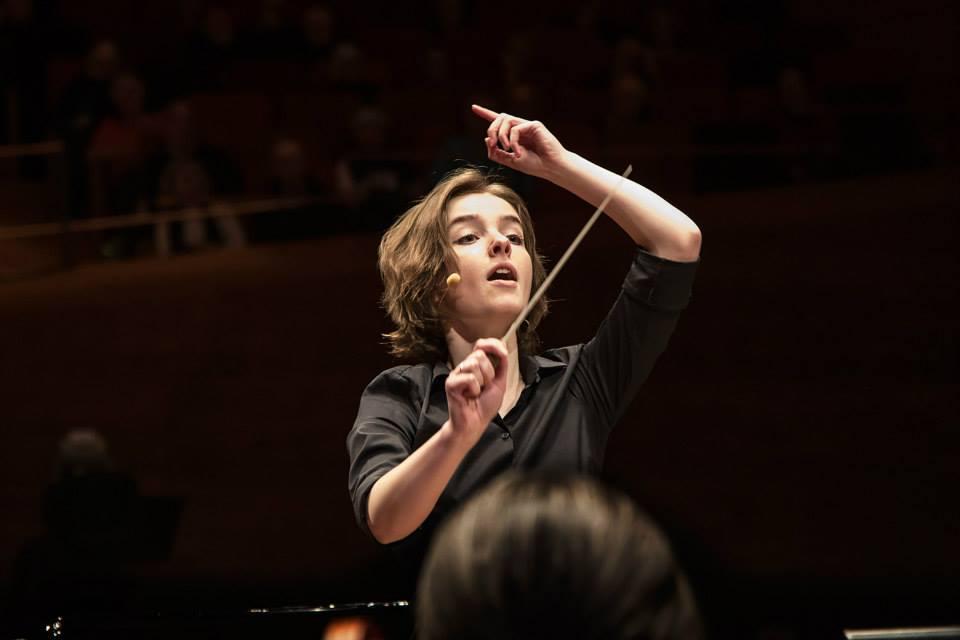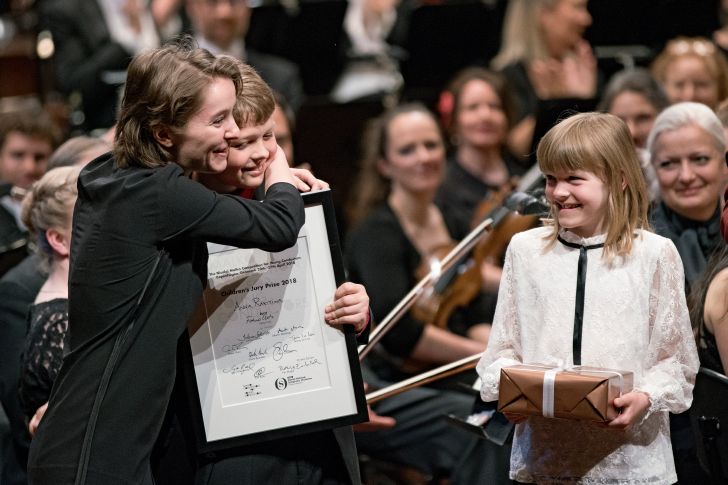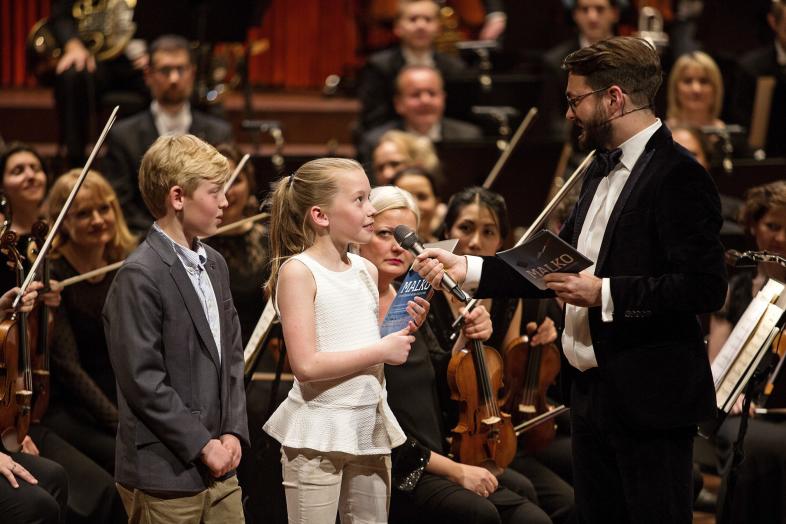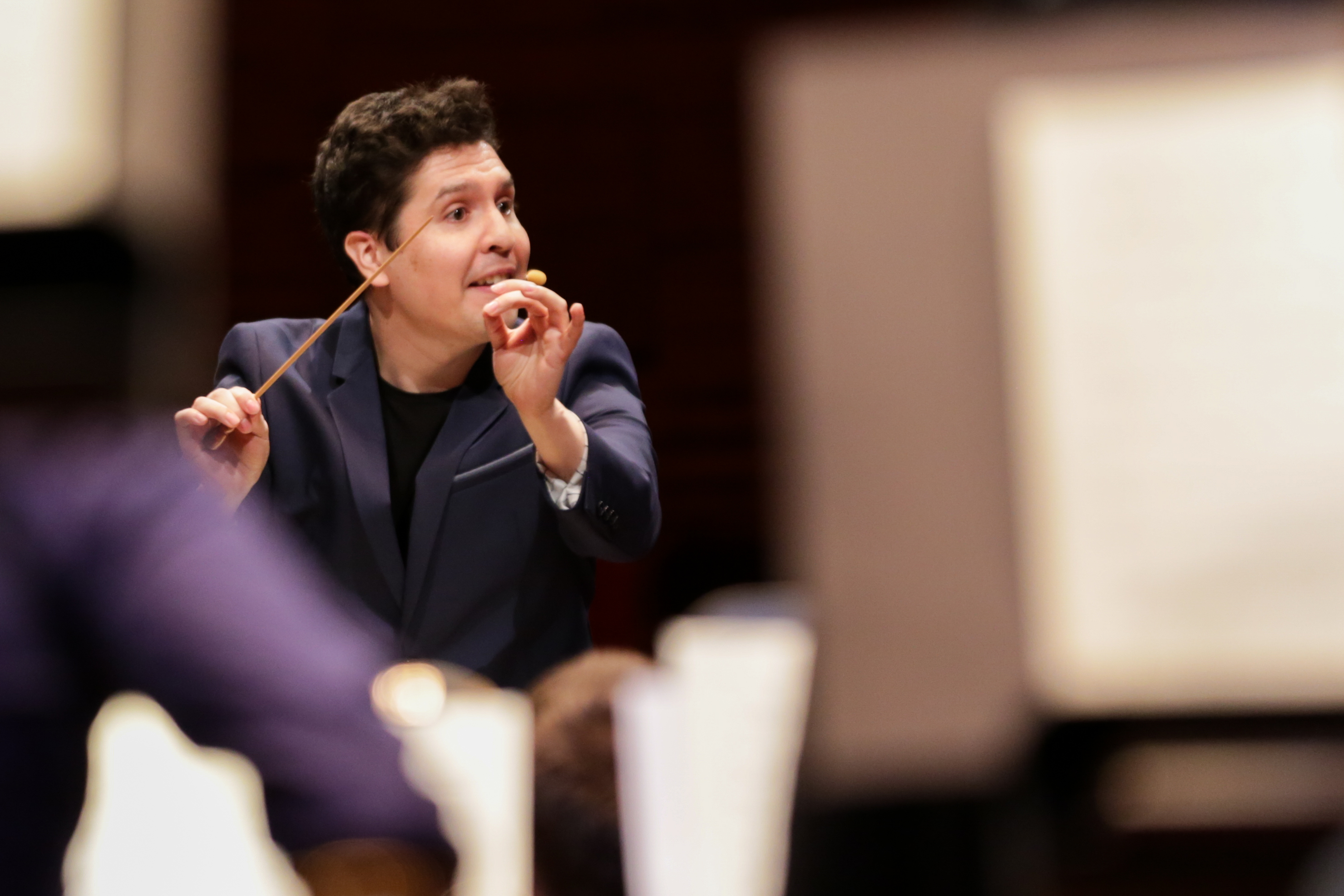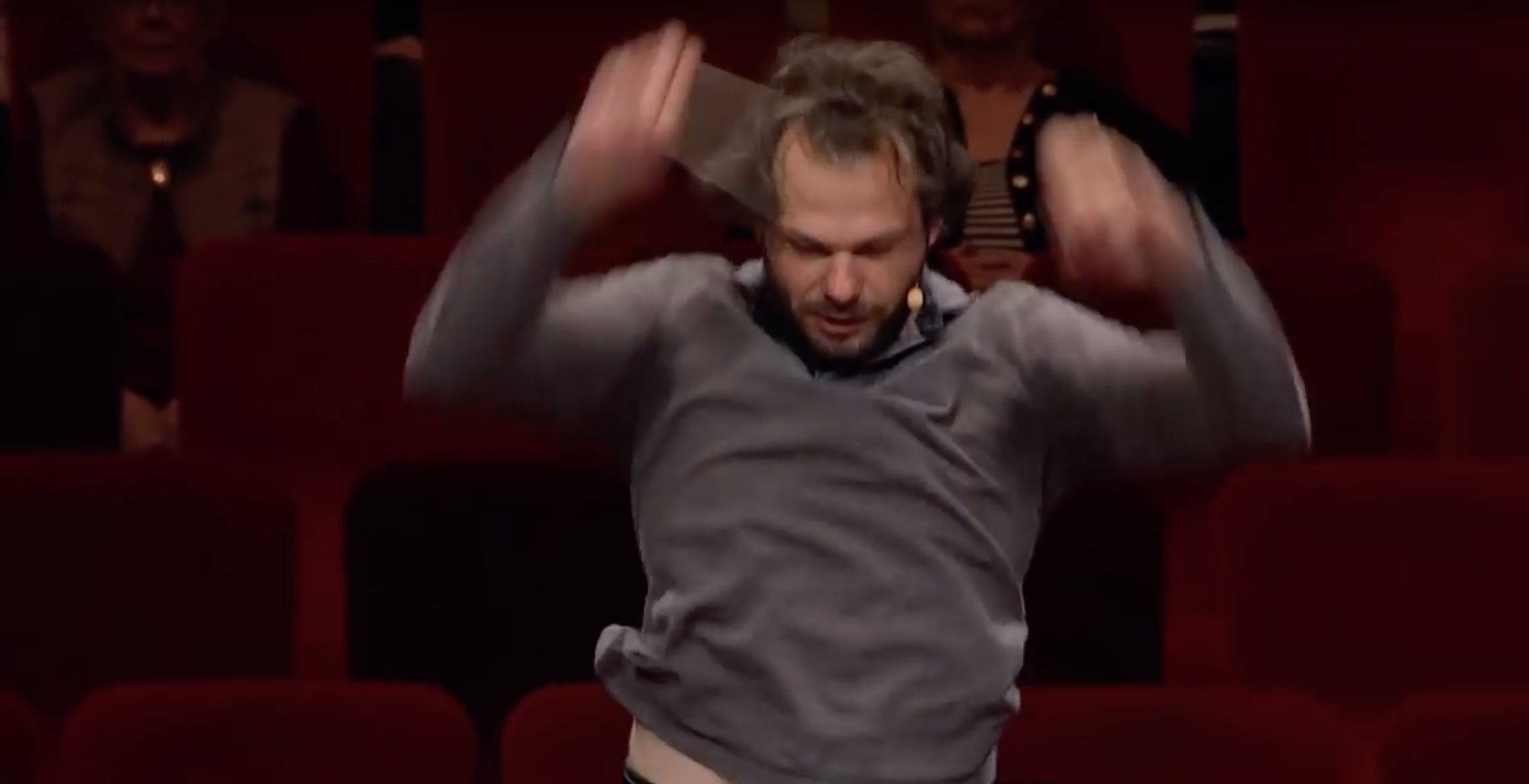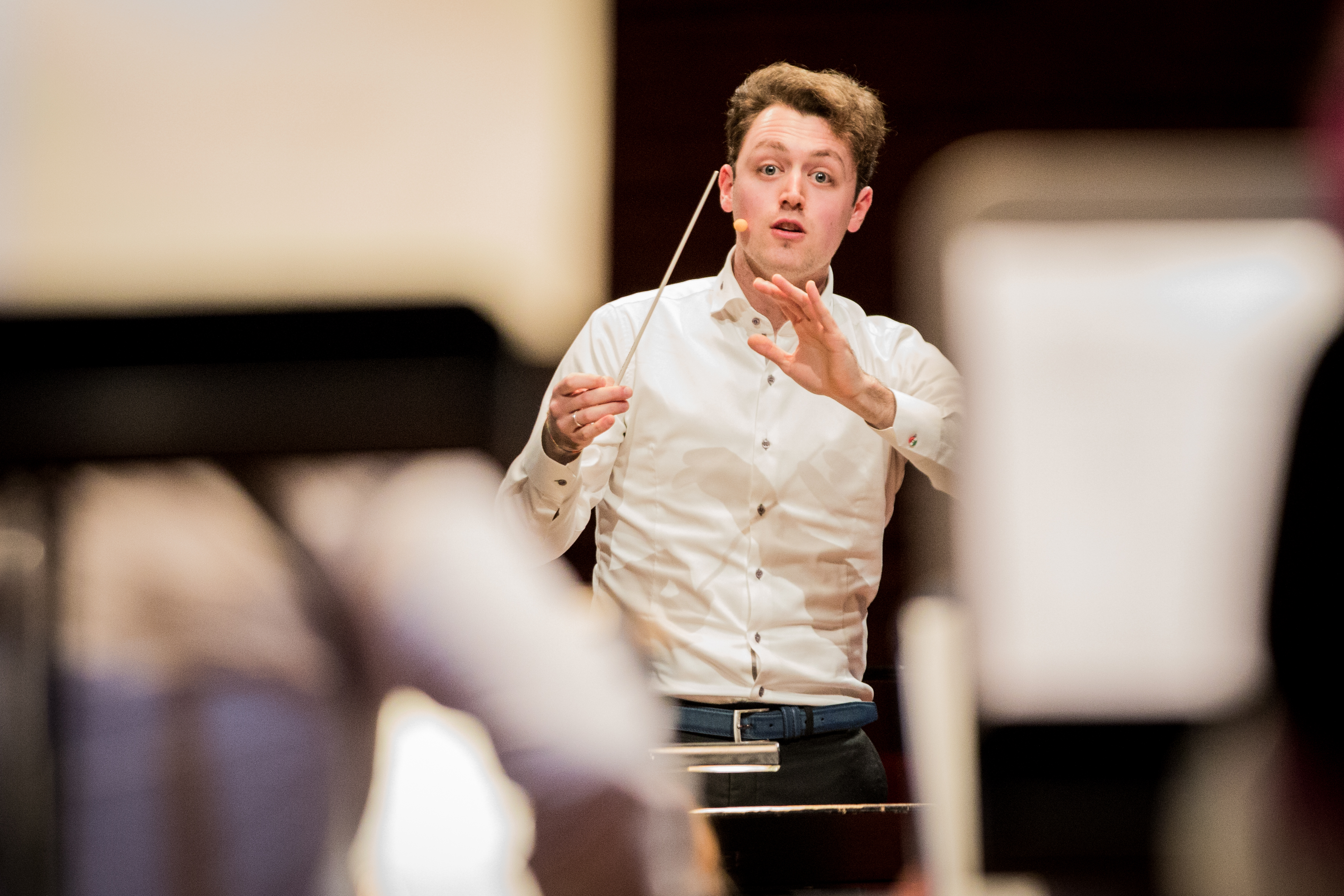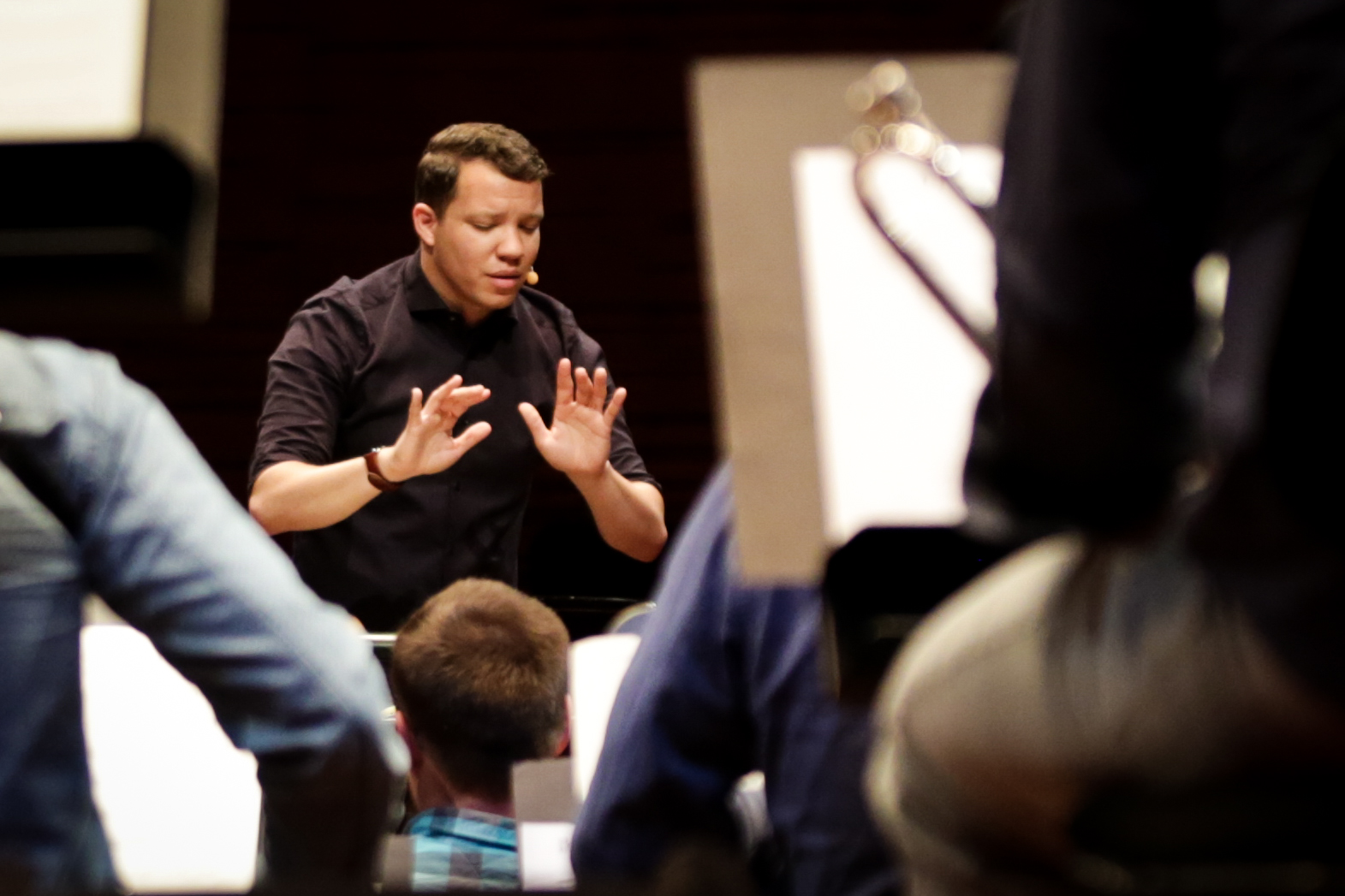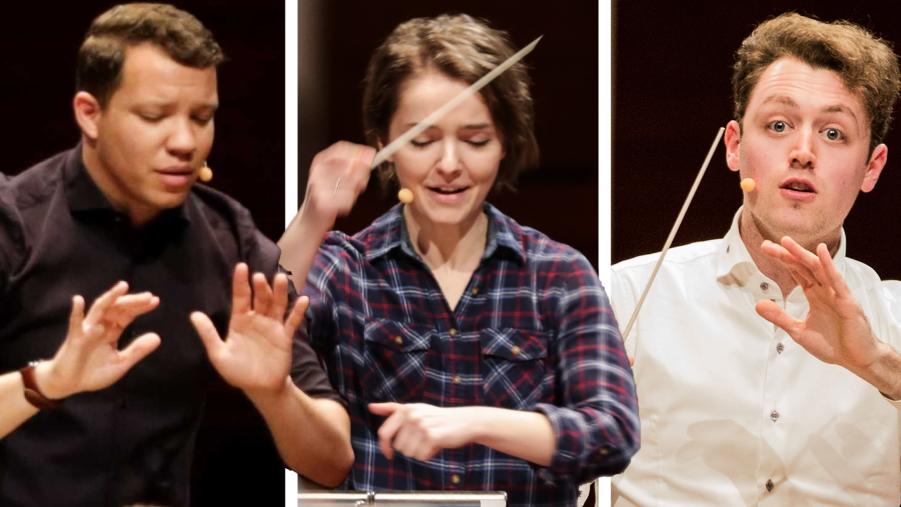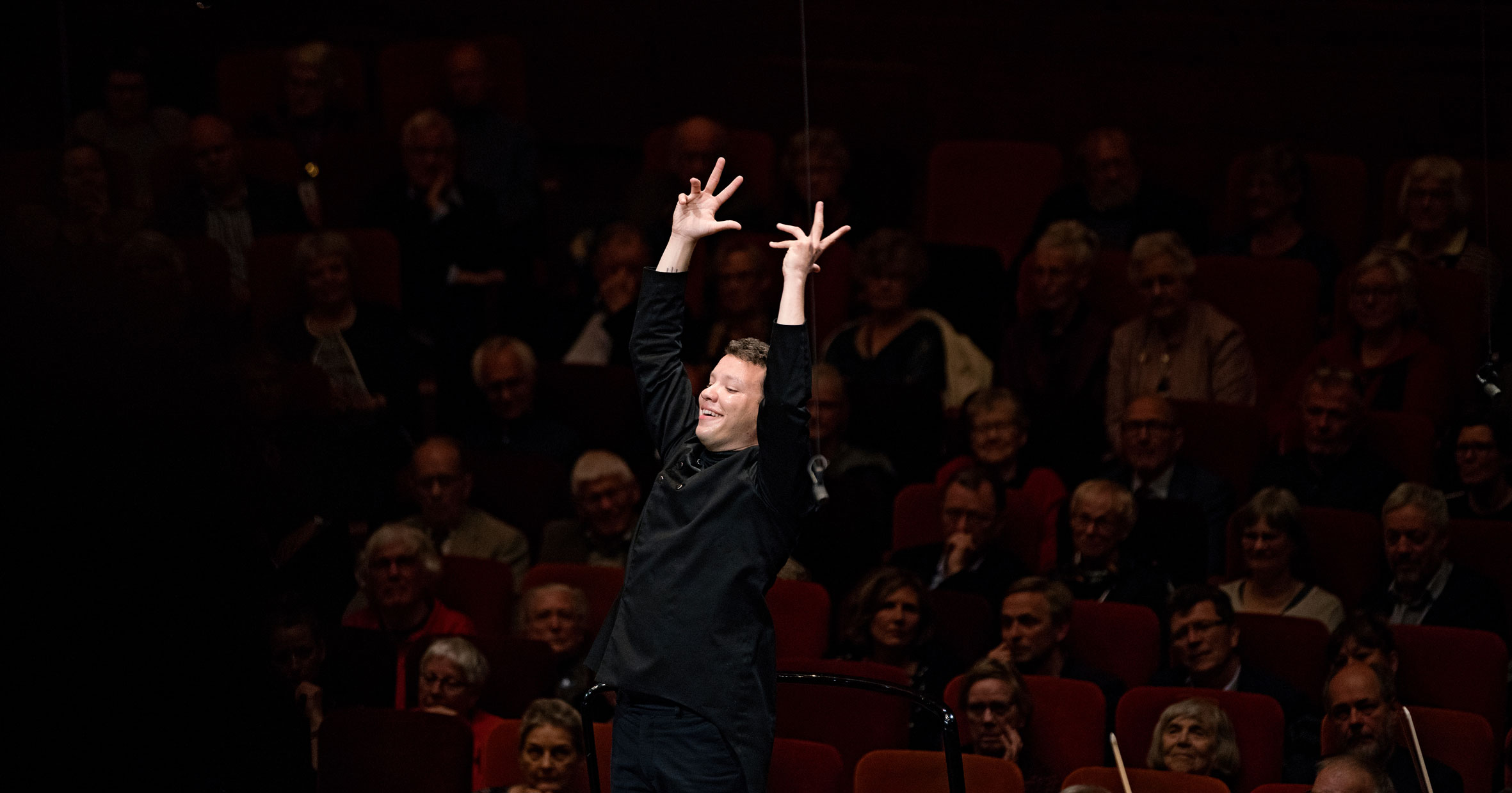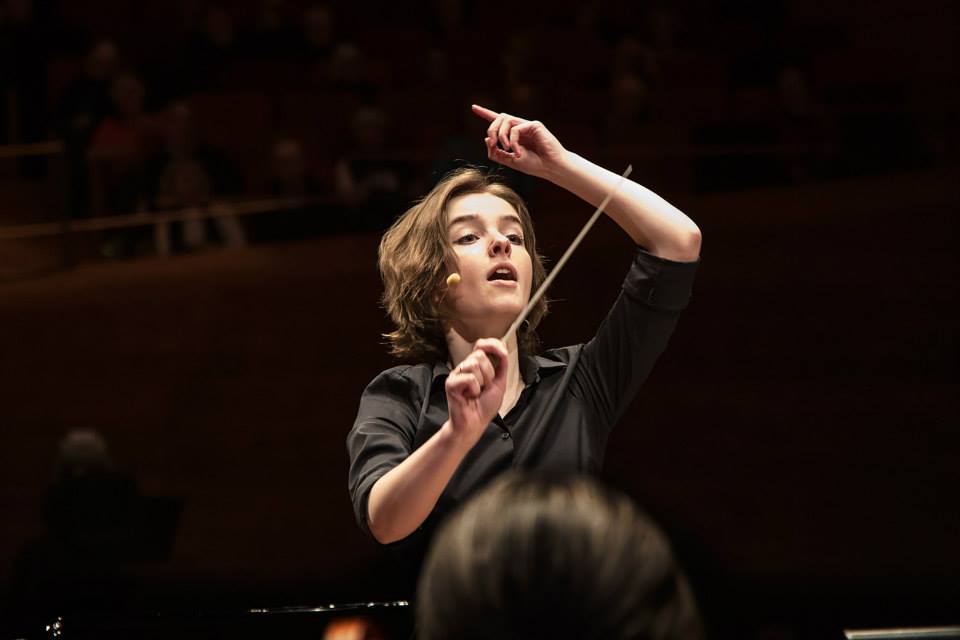24 contestants, 17 countries, one prize that will have repercussions around the orchestral world…Russia may be hosting the World Cup Later this year, but from Sunday 22nd, Denmark presents the World Cup of conducting: the triennial Malko Competition.
For a week from Sunday, young conductors from around the world will face the classical musician’s ultimate test: standing in front of a world-class orchestra and persuading it to play in way he or she wants.
After a record number of applicants, there’s some serious talent among 2018’s chosen finalists. There needs to be. The music these young men and women will have to conduct ranges from the deceptively simple – overtures by Mozart that need impeccable balance, transparency and style – to the overtly difficult – complex symphonies by Brahms and Mahler in which a dozen things can go badly wrong in every single bar.
And just like the World Cup, much of the excitement comes from the early rounds in which contestants find their feet. Uniquely for a contest of its kind, the Malko Competition lets audiences in on the action from the very start. If you can’t be in Copenhagen, you can follow live streams from all competitive rounds of the competition with English commentary at this site or at gramophone.co.uk.
On this site, I’ll be offering a daily summary activities – taking stock of what has happened and analysing what it means for the competition and its contestants.
Over the years, we have watched previous winners Joshua Weilerstein, Rafael Payare and Tung-Chieh Chuang travel the world, build their careers and benefit from the Malko Competition’s priceless trophy of up to 30 bookings from leading orchestras including the Vienna Philharmonic.
There is no greater prize for an outstanding young conductor. This time next week, we’ll know who has earned it. It’s a tantalising prospect, but there will be plenty of fascinating and uplifting music to enjoy along the way – guaranteed!
